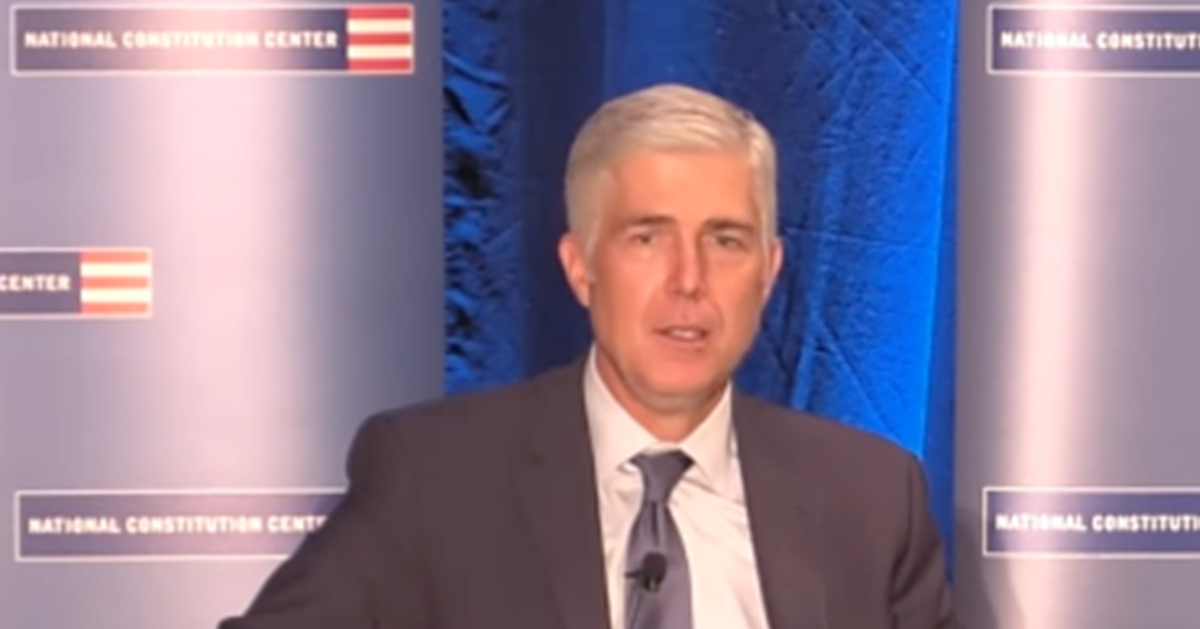Purdue Pharma, Sackler Family Reach $7.4B Opioid Settlement
In a landmark development amid ongoing legal battles surrounding the opioid crisis, Purdue Pharma and the Sackler family have agreed to pay $7.4 billion in a new settlement addressing lawsuits over OxyContin's role in the drug epidemic.
The settlement, which has drawn the ire of New York Attorney General Letitia James, represents a significant increase of $1.4 billion from a previous proposal, committing funds to compensate affected individuals and combat the ongoing opioid crisis.
The Sackler family is set to contribute $6.5 billion, while Purdue Pharma will add $900 million to the settlement pool. The current agreement marks a notable enhancement over a 2022 settlement and surpasses an earlier proposal rejected by the state of Connecticut in 2021 by $3.1 billion. Final details of the settlement await court approval before implementation.
Impact of Opioid Crisis
Since 1999, the opioid epidemic has claimed more than 700,000 lives across the United States, fueled by misuse of both prescription medications such as OxyContin and illegal opioids.
The crisis has been characterized by widespread addiction and fatal overdoses, prompting extensive legal scrutiny of companies involved in the production and distribution of these drugs.
Purdue Pharma, owned by the Sackler family, has been found to have played a critical role in exacerbating this public health disaster. As part of the settlement, the Sacklers will relinquish control of Purdue Pharma and cease selling opioids within the United States.
Broader Efforts in Opioid Accountability
This agreement is part of larger initiatives aimed at holding companies accountable for their part in the opioid epidemic, with over $50 billion allocated in comparable settlements to date. These funds are intended for initiatives like community recovery, opioid crisis mitigation, and victim compensation.
A collective effort led by state attorneys general has been pivotal in securing such settlements. The Purdue deal stands as one of the largest aimed at addressing the repercussions of the opioid epidemic and reflects sustained legal pressure to achieve justice for affected communities.
Voices in Fight Against Opioids
Purdue Pharma expressed satisfaction with the reached settlement, noting its potential to deliver significant financial reparations and resources for crisis resolution and treatment options. "We are extremely pleased that a new agreement has been reached," the company indicated, emphasizing ongoing collaboration with creditors in refining the reorganization plan.
James criticized the Sackler family's role in perpetuating the opioid epidemic, describing the family's profit-driven approach as harmful to vulnerable patients.
"While no amount of money will ever fully repair the damage they caused, this massive influx of funds will bring resources to communities in need so that we can heal," James asserted. She further emphasized the settlement's impact in preventing the Sacklers from re-entering the opioid market in the United States.
Additional Perspectives on the Settlement
Connecticut Attorney General William Tong condemned what he termed the "cruel" actions of the Sackler family, characterizing the settlement as a crucial measure of accountability.
"Today, we are forcing Purdue Pharma and the Sackler family to pay $7.4 billion for their role in igniting one of the most devastating public health crises in American history," Tong stated, underscoring the persistence of participating states in securing this outcome.
Massachusetts Attorney General Andrea Joy Campbell echoed these sentiments, spotlighting the Sackler family's legacy as one of greed and exploitation. "While this settlement cannot bring back the lives lost, it will bring in much-needed funds to begin to remediate the damage," Campbell emphasized, noting the settlement's role in addressing the epidemic's lasting impact.
Next Steps and Legal Proceedings
The legal journey towards the settlement's final approval continues, with negotiations and planning set to proceed within the bankruptcy court framework. Stakeholders anticipate that the funds secured through this settlement will aid significantly in alleviating the ongoing crisis and providing necessary support to those affected.
As the details of the agreement are refined, it remains pivotal for accountability efforts to persist, ensuring that past oversights contributing to the opioid epidemic do not recur.
The settlement serves not only as a financial remedy but also as a cautionary measure underscoring the need for ethical pharmaceutical practices moving forward.
This settlement underscores the collective efforts of states and communities to hold accountable those responsible for the opioid crisis while providing a platform for recovery and healing for millions impacted.



